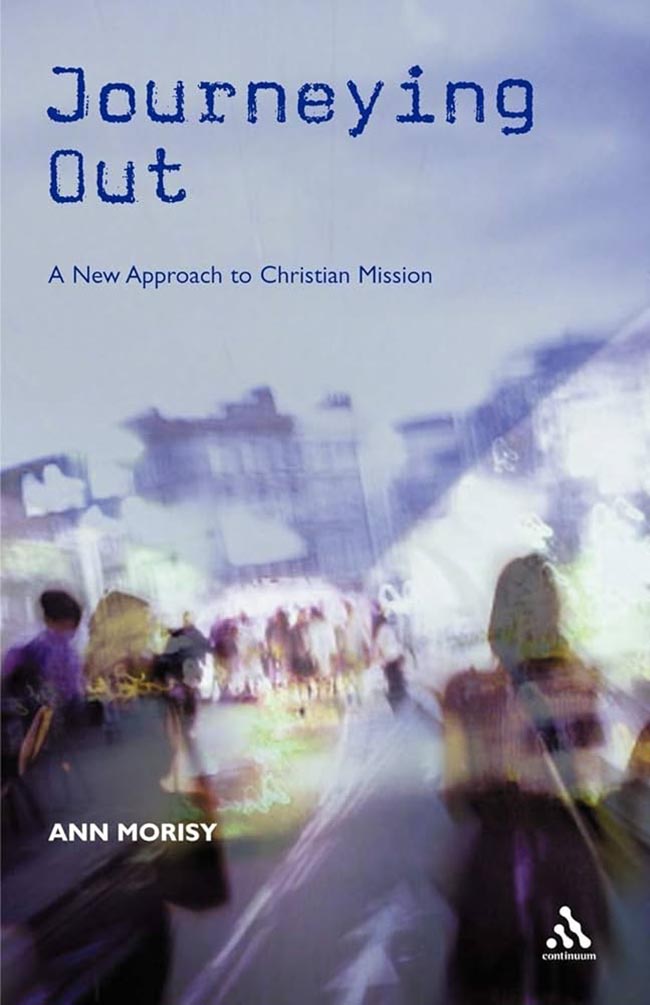I’ve been reading Ann Morisy’s book, Journeying Out: A New Approach to Christian Mission, and was struck by her use of the concept of obliquity. We need to approach mission obliquely, she suggests, so that it is entered into without self-conscious effort or analysis getting in the way.

Ann draws on Michael Polanyi’s observation that we can and do know more than we can tell. If we focus on tacit or subsidiary knowledge that knowledge ceases to be a medium through which meaning or a skill is delivered.
Analytical focus on loving God and knowing God, for example, can reduce them to more routine component parts, such as prayerfulness, reflection on Scripture and acting in ways that we have come to understand as loving and compassionate, missing the very goals of loving and knowing God.
Ann notes that the principle of obliquity is used in business (focus on service rather than making money) and applies it to the mission of the church. John Kay, in a lecture on Good Business, reflected on British chemist James Black, the inventor beta blockers and anti-ulcerants, whose financial success was achieved by committing himself to work only for companies more interested in chemistry than in making money.
“Effective mission is not achieved by giving it focal awareness. Effective mission is a fruit – a gracious outcome of other factors working effectively and appropriately. This upends all our habits and assumptions. It means that effective mission is something that emerges as a result of looking and journeying outward rather than by means of a self-conscious and self-regarding process.”
Do we therefore stop producing resources that help people with sharing faith? Do we just encourage people to spend time with their friends and hope that they’ll unconsciously make the connections? Do we tell people to forget the mission statements and priorities and get people to just ‘get out there’?
The difficulty is that much of our tacit or unseen assumptions about being church are working against genuine engagement with our neighbours. In some cases we need to step aside and re-examine our foundational framework so that we can reassess the way we use our energy and orient ourselves in the community.
I’ve been using the values of generous giving, forgiving, standing in solidarity, encouraging, empowering, equipping, listening, welcoming and accepting as verbs to help us go beyond thinking about being “missional” and actually enter genuine community engagement. What I hope is that our everyday interactions become framed in terms of generous and compassionate relationships with real people, rather than strategic transactions with analysed targets. But to get out of our self-absorption we may need to remind ourselves occasionally to take on new patterns of life.

I’ve always found Morisy to be really helpful: drawing lessons from a variety of sources for realistic and radical mission in the community.